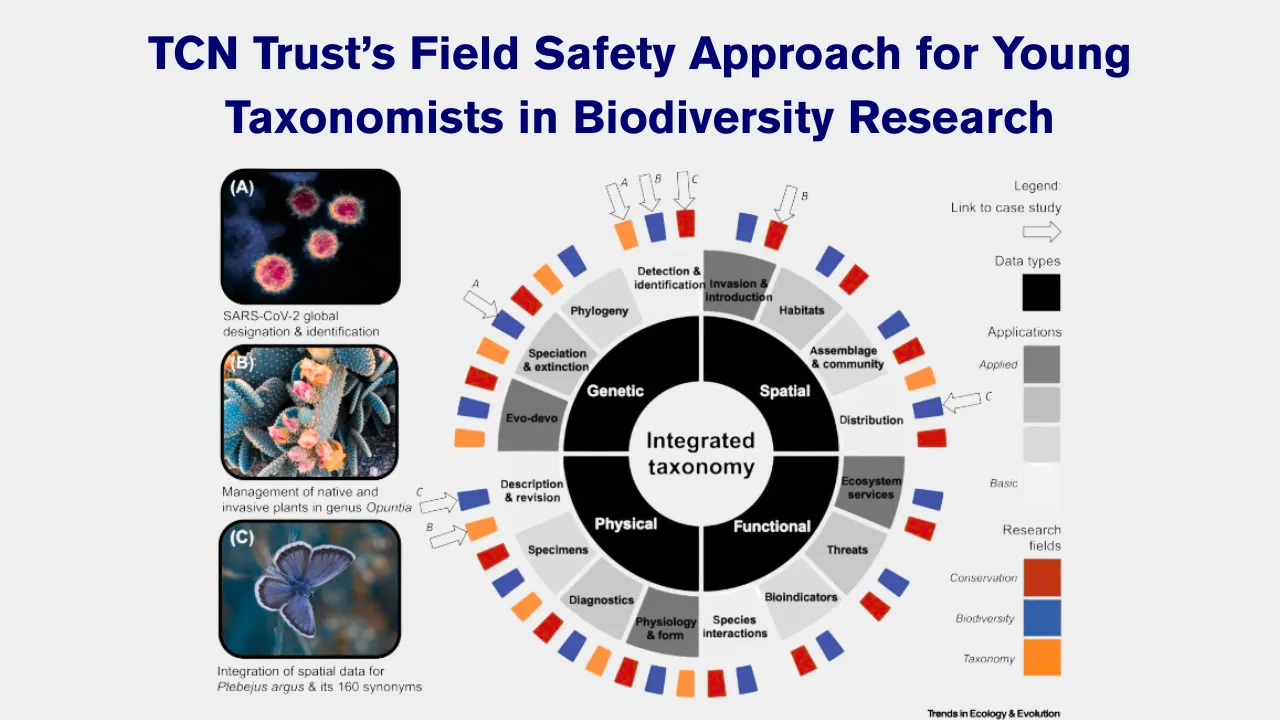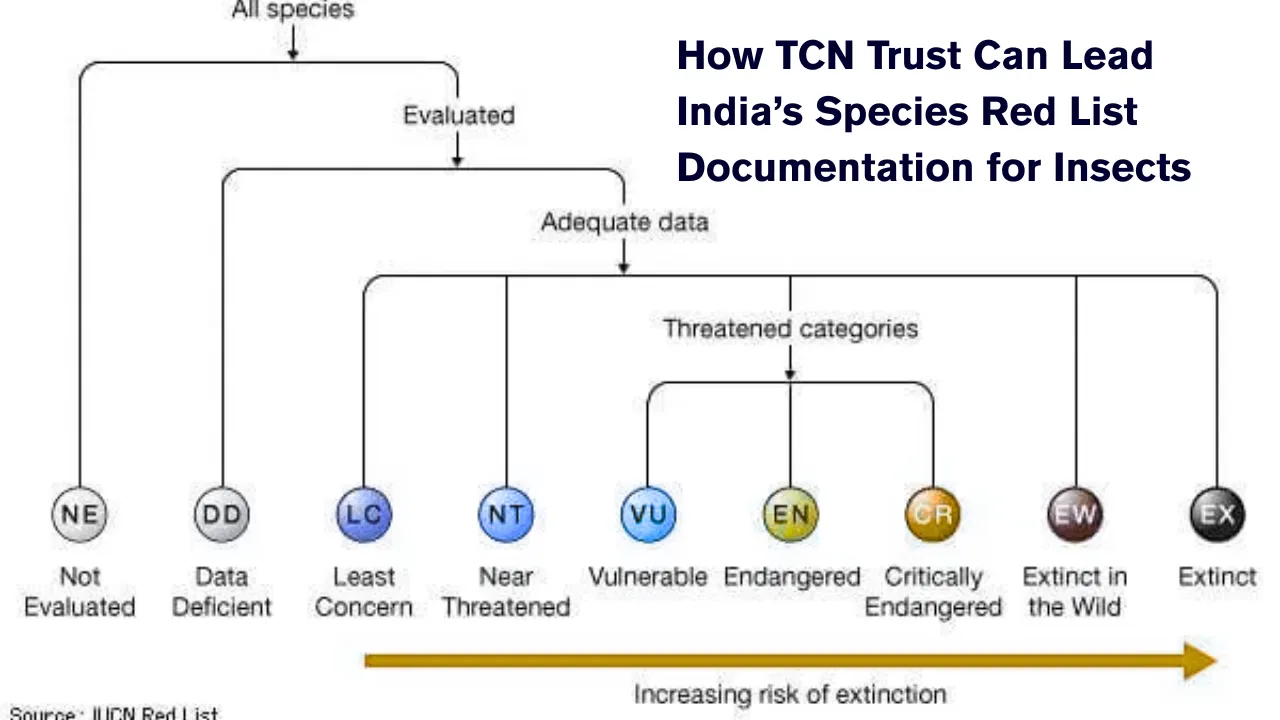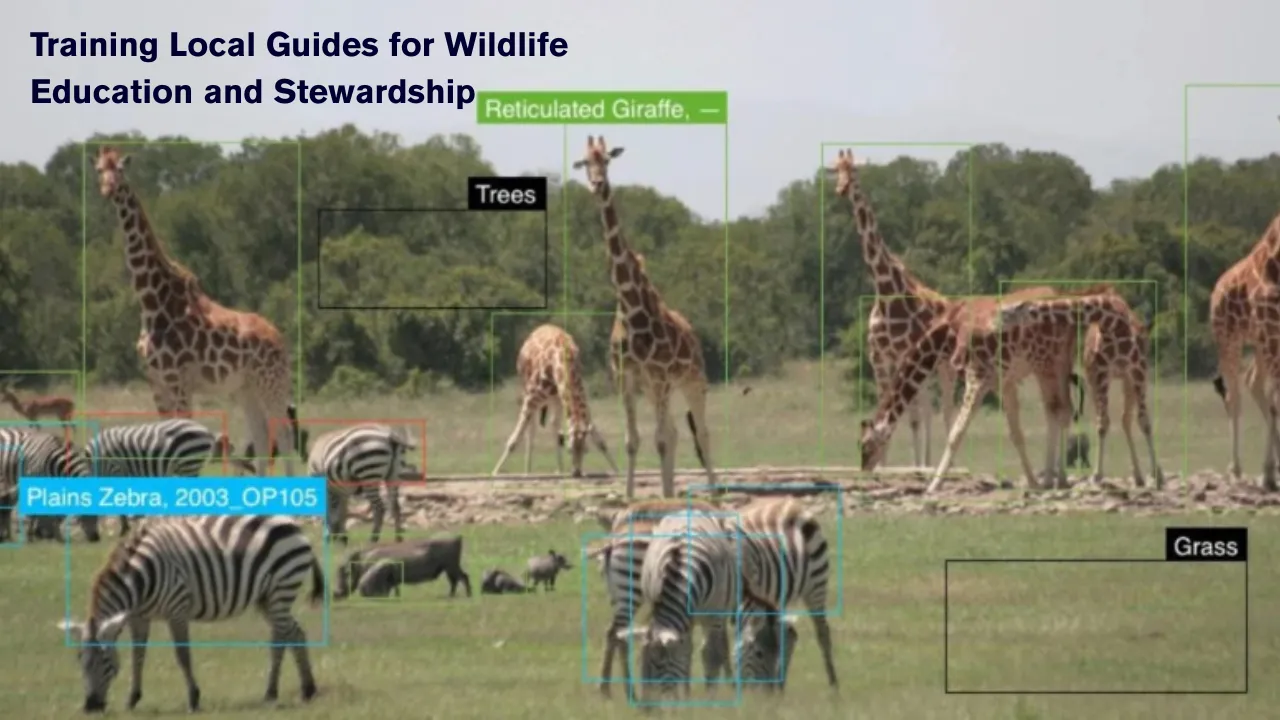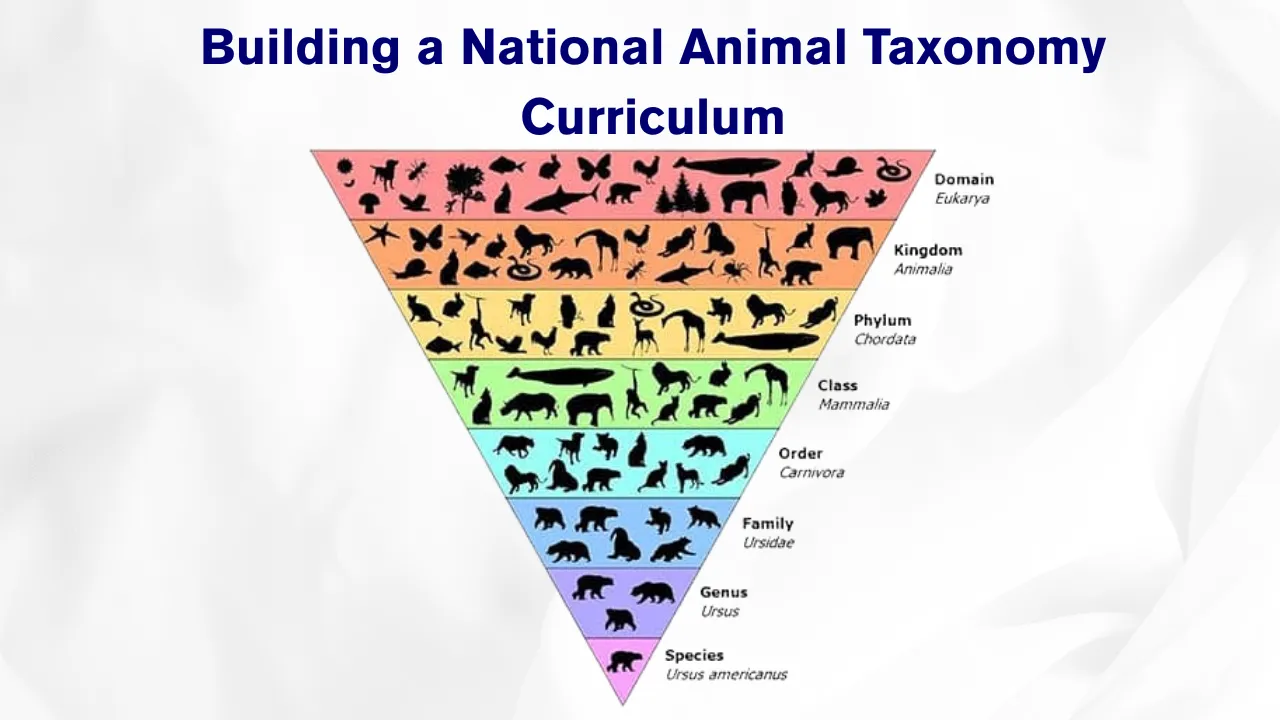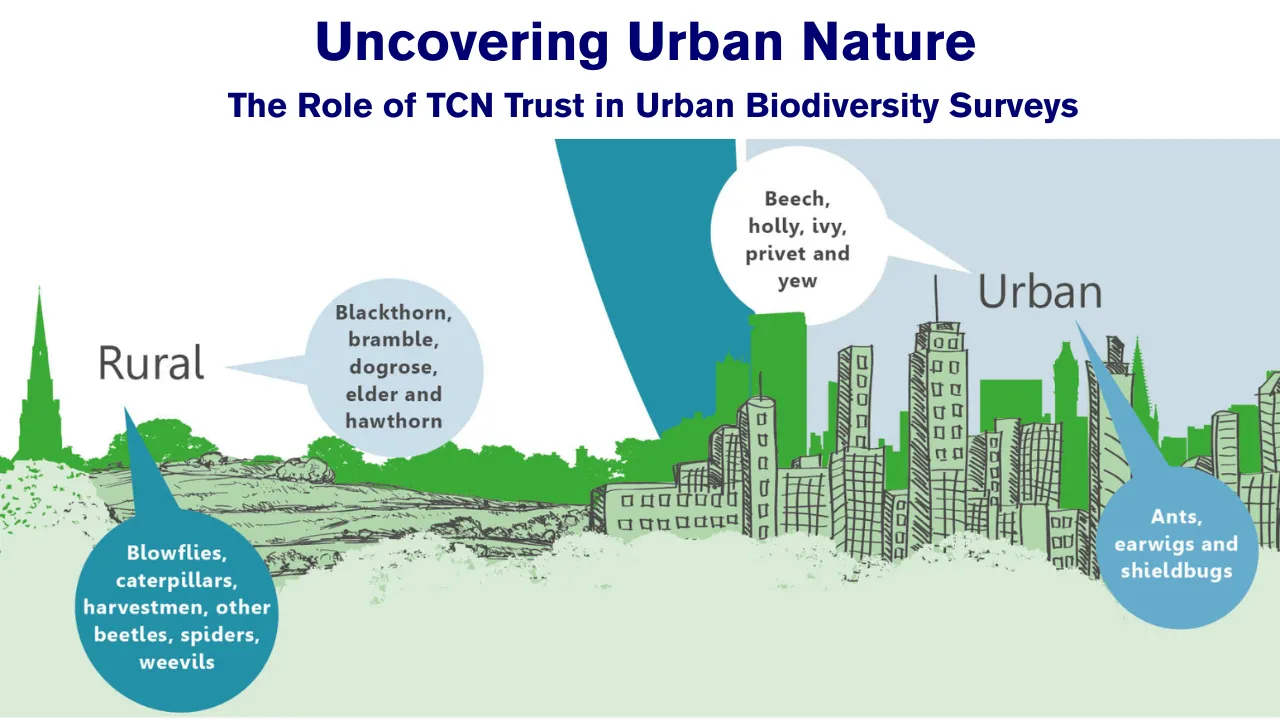TCN Trust’s Field-Safe Practices Empowering Young Taxonomists: TCN Trust is emerging as a key force behind safer and more ethical fieldwork for aspiring taxonomists across India. As biodiversity research gains importance in the face of accelerating environmental change, more students and early-career scientists are entering forests, wetlands, and coastal zones to document life forms. While this enthusiasm is vital, it also comes with risks—unfamiliar terrain, unpredictable weather, and ethical dilemmas around specimen collection.
To address these challenges, TCN Trust has stepped up with a structured approach to help young taxonomists practice safe, responsible, and scientifically sound fieldwork. This article explores the hands-on ways the organization is enhancing outdoor research safety, strengthening field ethics, and preparing the next generation of biodiversity researchers through mentorship and real-world learning.
TCN Trust’s Field-Safe Practices Empowering Young Taxonomists
By integrating practical safety training, ethical guidelines, and skill-building workshops, TCN Trust ensures that young taxonomists are field-ready and environmentally responsible. Whether it’s navigating difficult ecosystems or engaging with local communities, the Trust’s programs prepare budding researchers for all aspects of ecological fieldwork. With a focus on sustainable research practices, their support goes beyond the classroom—equipping learners with the tools and confidence to collect data responsibly, minimize disturbance to wildlife, and conduct biodiversity surveys with integrity.
| Areas of Support | TCN Trust Contributions |
| Field Safety Training | Survival techniques, navigation, climate awareness, wildlife interaction skills |
| Ethical Field Conduct | Low-impact sampling, informed consent, legal collection protocols |
| Practical Taxonomy Tools | Sample documentation, digital data entry, habitat sensitivity awareness |
| Mentorship in Research | Experienced guides for field behavior and decision-making |
| Conservation Collaboration | Alignment of surveys with long-term habitat and species protection goals |
Prioritizing Outdoor Research Safety in the Wild
For young researchers heading into natural ecosystems, outdoor research safety is not just important—it’s critical. TCN Trust trains participants to identify and prepare for the risks associated with field-based biodiversity studies. The Trust provides guidance on reading topographic maps, handling navigation tools, recognizing signs of animal presence, and preparing for sudden weather shifts.
Basic first aid, emergency communication skills, and personal protective equipment usage are covered during workshops. The goal is not just to keep researchers safe but to also reduce stress during data collection, allowing them to focus on accurate species documentation. These skills are particularly valuable for early-career researchers who are often entering the field with limited previous exposure.
Training on Ethical Biodiversity Surveys
Scientific exploration must be balanced with respect for nature, and TCN Trust reinforces this principle by embedding field ethics into all its training programs. Rather than simply instructing students on identification and classification, the Trust educates them about the ethical implications of sampling, especially in ecologically sensitive zones.
For example, they teach when to photograph instead of collect, how to avoid disrupting nesting or breeding sites, and how to seek permissions when operating near protected lands. These ethical codes promote trust among local communities and forest officials and ensure that taxonomy training leads to long-term conservation value—not just academic output.
Key Field Guidelines Promoted by TCN Trust
- Prepare Intentionally
Understand the habitat and risks before arriving. Plan entry and exit routes and always leave information with a supervisor. - Minimize Disturbance
Stay on established trails, limit your group size, and use non-invasive data collection methods. - Respect Local Cultures and Wildlife Laws
Engage with community leaders and follow local regulations concerning protected areas and species. - Use Ethical Data Collection Methods
Document with care. Label and store samples appropriately and only collect what is necessary. - Document Transparently
Record findings honestly and report unusual sightings with evidence to avoid misinformation.
Mentoring the Next Generation of Biodiversity Researchers
A unique feature of TCN Trust’s model is its strong focus on research mentorship. Early-career taxonomists are paired with experienced field experts who provide ongoing guidance during and after their surveys. This one-on-one or small group mentorship helps students develop not just technical skills, but also decision-making and resilience in unpredictable environments.
These mentors offer feedback on field behavior, ecological sensitivity, data recording, and even how to handle mistakes or course corrections during multi-day surveys. This holistic training approach ensures that young researchers evolve into thoughtful contributors to conservation research and sustainable science.
Practical Skills for Field-Based Taxonomy
Field surveys often require dealing with more than just species identification. TCN Trust emphasizes the importance of using modern tools and techniques, such as GPS-enabled data collection, smartphone-based image capture, and eco-conscious sample packaging.
Workshops often include how to create detailed field logs, how to manage digital backups, and how to label and store specimens properly for long-term study. By introducing participants to these techniques early in their careers, TCN Trust ensures they are ready for multidisciplinary collaboration and publishing-quality documentation.
Aligning Taxonomy with Conservation Goals
What sets TCN Trust apart is its consistent push to integrate biodiversity research with broader conservation goals. Fieldwork is not treated as an isolated academic exercise, but as a critical input into policy, habitat management, and public awareness. Young taxonomists are encouraged to understand how their species records contribute to real-world decisions—whether that’s informing the status of endangered species or updating flora and fauna databases.
This broader perspective encourages early-career researchers to become not only specialists but advocates for conservation. Their work becomes more impactful when viewed as part of a larger mission to protect biodiversity.
Final Thought
TCN Trust is redefining how we prepare the next generation of biodiversity scientists. By going beyond traditional classroom education and addressing the field realities of safety, ethics, and responsible data collection, it is creating a culture of deeply engaged, field-ready professionals. The Trust’s efforts ensure that young taxonomists don’t just identify species—they understand their responsibility toward them.
Whether it’s through ethical field practices, survival training, or mentorship, the foundation being laid by TCN Trust is essential for both the personal growth of taxonomists and the future of biodiversity protection. If you are passionate about taxonomy, ecological research, or conservation, consider how safety and ethics can strengthen your scientific journey. And if you’re already in the field, ask yourself: what values do you carry into the wild?
FAQs
1. What is the main role of TCN Trust in taxonomy?
TCN Trust supports young taxonomists by offering training in field safety, ethical specimen collection, and conservation-based field research practices.
2. Why is outdoor research safety important in biodiversity surveys?
Because researchers often work in remote or wild areas, understanding navigation, first aid, and environmental risks is crucial to prevent harm and ensure effective data collection.
3. How does TCN Trust train researchers in ethics?
The Trust emphasizes minimal-impact sampling, respect for protected zones, and the importance of working with local communities and legal guidelines.
4. Do young researchers receive mentorship through TCN Trust?
Yes. Experienced taxonomists mentor young scientists in both field and research ethics, helping them grow confidently in the discipline.
5. How does taxonomy connect to conservation efforts?
By identifying and documenting species accurately and ethically, taxonomists help shape conservation policy, habitat protection strategies, and species monitoring programs.
